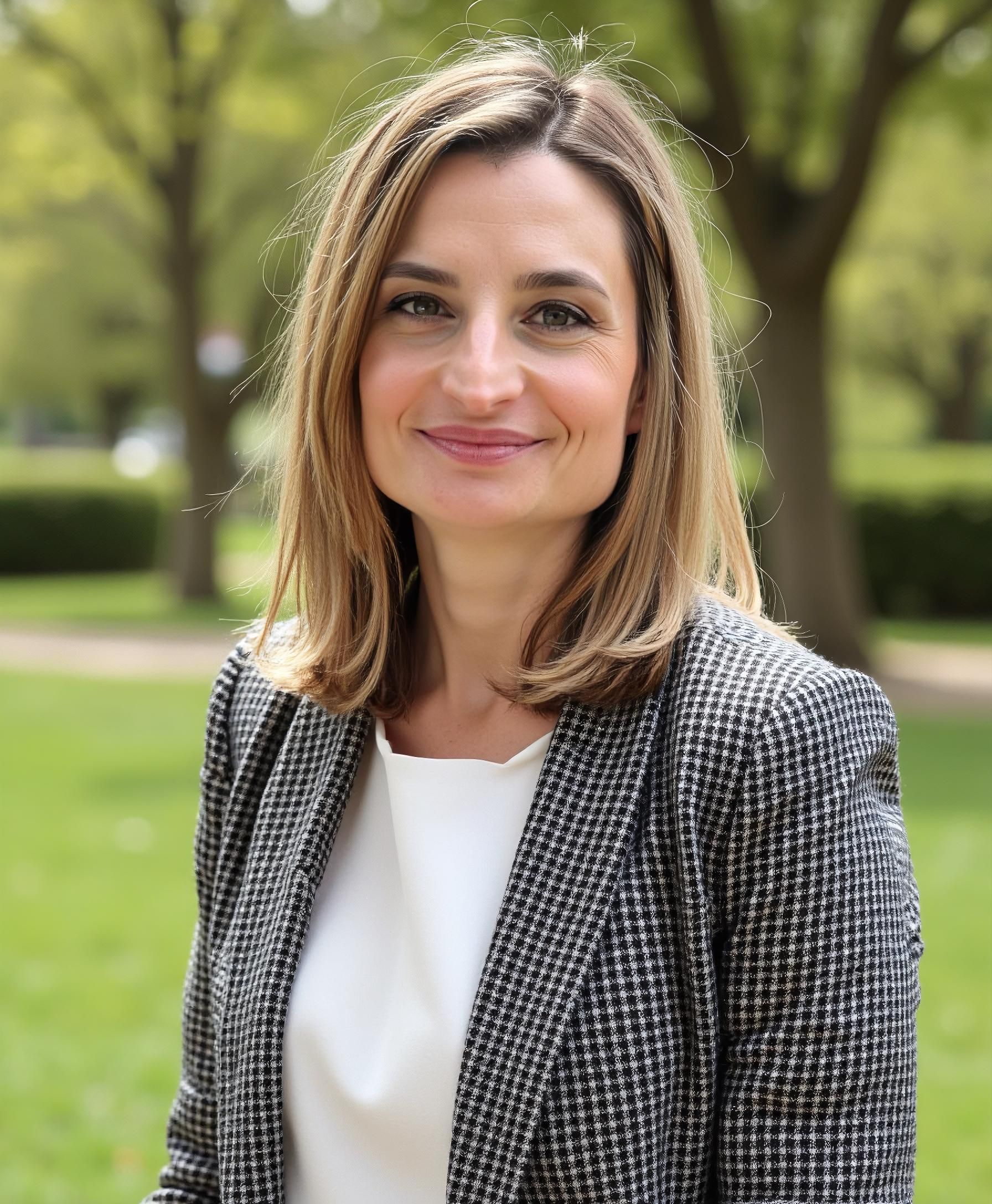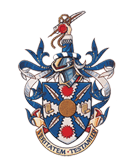General Guidance Notes for Notarial Appointments
These guidelines are intended to save time and expense for both you and the notary.
They complement the accompanying information provided in "Notarial Times & "Notary Fees."
1. Notarial Duty
A notary has a duty of care not only to you as the client but also to the transaction itself, other involved parties, and officials of other countries. Both you and they are entitled to assume that:
- A notary will ensure compliance with relevant requirements both domestically and internationally, whether explicitly requested or not.
- The notary's register and records are accurate and reliable.
Vigilance is essential at every stage to minimise risks such as errors, omissions, fraud, forgery, impersonation, and money laundering. Notarisation is not merely a rubber-stamping exercise.
2. Signature/Sealing
Your signature or sealing should normally be witnessed by the notary. Please do not sign the document before your appointment.
3. Documentation to Be Sent in Advance
To save time and avoid mistakes, please ensure I receive the following before your appointment:
- The original or exact photocopies of documents to be notarised.
- Any covering correspondence or instructions from the destination country.
- Proof of your identity (see Section 5).
4. Documentation Preparation
More than one appointment may be necessary if I need to prepare some or all of the documentation.
5. Identification
You must provide formal identification at the outset and again when signing the documents:
- Current passport.
- Current driving license, security pass, or other official ID.
- Any specific identification required by the documentation.
- If none of the above include a clear photo, a recent passport-style photograph for my records.
- Proof of address (e.g., utility bills, bank statements, council tax statements).
- In some cases, a reliable person known to both of us may vouch for your identity.
6. Proof of Names
Please provide certificates relevant to your name(s), especially if there have been changes or variations in spelling or sequence. These may include birth, baptism, marriage, divorce, examination, or qualification certificates, as well as deed polls or statutory declarations.
7. Impersonation & Falsification
Notaries must guard against:
- Impersonation.
- Falsification of documents, certificates, qualifications, photographs, or signatures.
- Individuals acting without due authority.
8. Notarial Independence
A notary’s duty extends to:
- You as the client.
- Any other involved party.
- Each intended recipient.
- Anyone who may rely on the notarised document.
- The integrity of the transaction itself.
9. Chain of Evidence
Notarisation is part of international law and must be conducted with care to ensure reliability for both you and the recipient.
10. Examining the Evidence
The notary must carefully verify that:
- Documents to be notarised are original, genuine, valid, complete, accurate, and unaltered.
- Identification provided by the signatory is authentic and valid.
11. Incomplete or Ineffective Documents
Documents must be fully and properly completed before notarisation. Many documents, even those prepared by professionals, contain errors or omissions due to oversight or lack of familiarity with current notarial practices.
12. Written Translations
- Official translations may be required before and/or after document execution.
- We can provide translation services if necessary.
13. Oral Interpreter
If needed, a competent professional interpreter may have to be arranged for meetings.
14. Separate Entities (Companies, Partnerships, Societies, etc.)
For organisations, it is advisable to discuss notarial requirements in a preliminary meeting. Verification will be required for:
- The entity’s original formation and legal existence.
- Its authority and regulations for the transaction.
- Authorisation of the specific transaction.
- Identity and authority of representatives signing on its behalf.
- Additional details are available in my separate sheet, "Corporate Client Requirements."
Notarial attendance may be required at company meetings, which can be arranged at my office, the client's office, or another location as necessary.
15. Responsibility
My responsibility is limited to notarial formalities and relevant incidental matters unless I am specifically instructed, with adequate time and details, to draft or advise on documentation.
Contact Us for Professional Notarial Services
At Cambridge Notary, we are committed to providing reliable, professional, and efficient notarial services. Whether you require document certification, an apostille, international notarisation, or a power of attorney, our experienced notary public is here to assist you.
Get in touch today to schedule an appointment or to discuss your specific notarial needs.
The most efficient way to contact us is via email with details of the Notary Service you require.
Phone
Our office hours are
09.00 to 17.30
Monday to Friday
0203 637 2657
Office
Please only visit our offices if you have a confirmed appointment.
28 Stanesfield Road, Cambridge, CB5 8NH

